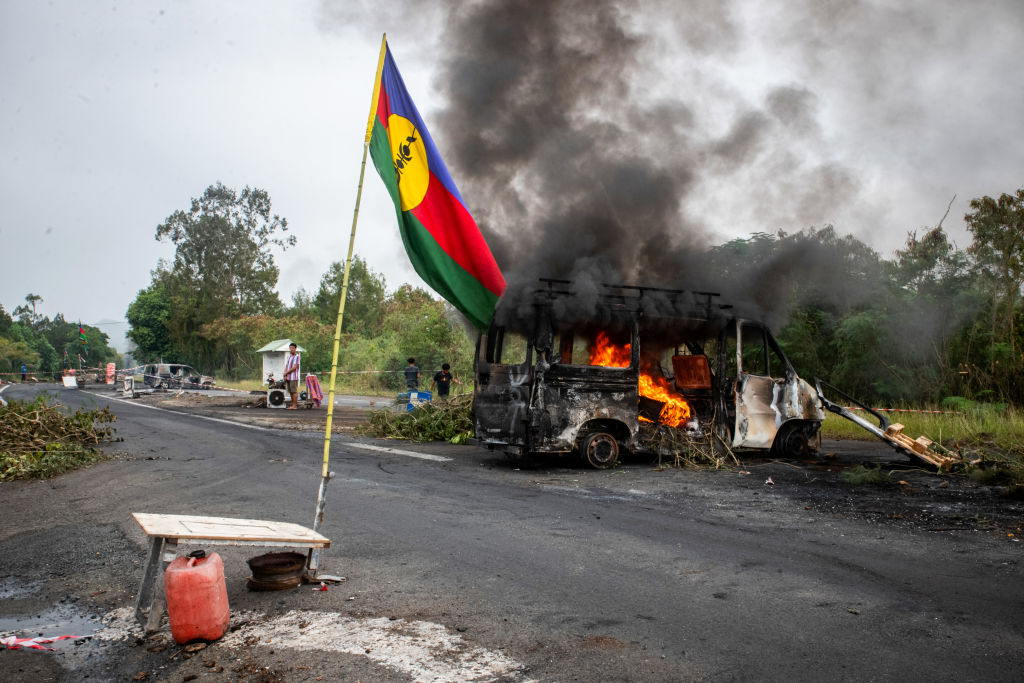French Polynesia and New Caledonia are to make their case for independence before the United Nations. Those against will also appear.
Two of France’s territories in the Pacific—French Polynesia and New Caledonia—will argue for independence before the United Nations General Assembly’s Special Political and Decolonisation Committee (Fourth Committee).
The Committee will also hear petitioners from both islands who oppose the move. The Tapura party representative says the majority of Polynesians are not for independence.
Both territories are already listed by the U.N. as “non-sovereign territories to be decolonised.”
Since 2013, when French Polynesia was restored to the list, the strongest delegation has been led by the pro-independence Tavini Huiraatira party (which has been in power since last year). This year, it is sending a 17-strong delegation.
Its submissions have been backed by other petitioners, including the Ma’ohi Protestant Church and the Nuclear Tests Veterans Association. This year, the territory’s government, chaired by President Moetai Brotherson, announced it will officially make its own representation to the Committee.
Last year, France sent its U.N. representative to listen to the petitioners’ speeches for the first time in a decade.
Tavini Huiraatira representative Élise Vanaa, who will deliver one of the speeches, said she hopes France’s representative will engage in talks.
“We will remind France of its obligations as the administering power of this country that it must open this dialogue,” she told public broadcaster Polynésie la 1ère.
“We are not enemies. We want France to come and start to discuss to accompany us towards this decolonization process.”
Opponents Confident They’ll be Heard
Tapura is sending just four petitioners but is confident its message will be heard.
Representative Tepuirarurii Territahi said, unlike in the past, they want to ensure the U.N. hears both sides, and understands that not all citizens want complete independence.
“If only their voice is heard at the U.N. tribune, then only their version is heard,” she said.
“So our role is to deliver the other version of the story. And to stress that most Polynesians are not in favour of independence and still strongly support autonomy.
“We keep getting messages from many people asking us: ‘Don’t let them speak and send false messages on behalf of [French] Polynesians. You have to go there and restore the truth.’”
The pro-France delegation intends to formally invite the U.N. to send a mission to French Polynesia “so they can see for themselves and make their own opinion.”
New Caledonia
Significant delegations for and against independence are also attending from New Caledonia, which saw violent clashes between protesters and French gendarmes earlier this year, resulting in the death of 13 people and injuries to hundreds, as well as arson and looting, damages to businesses, and loss of jobs.
In their submissions, the anti-independence parties call this a “coup d’etat.” They also want the U.N. to send a fact-finding mission to the archipelago.
The French government says President Emanuel Macron intends to host a meeting with New Caledonia’s political parties sometime in November.

